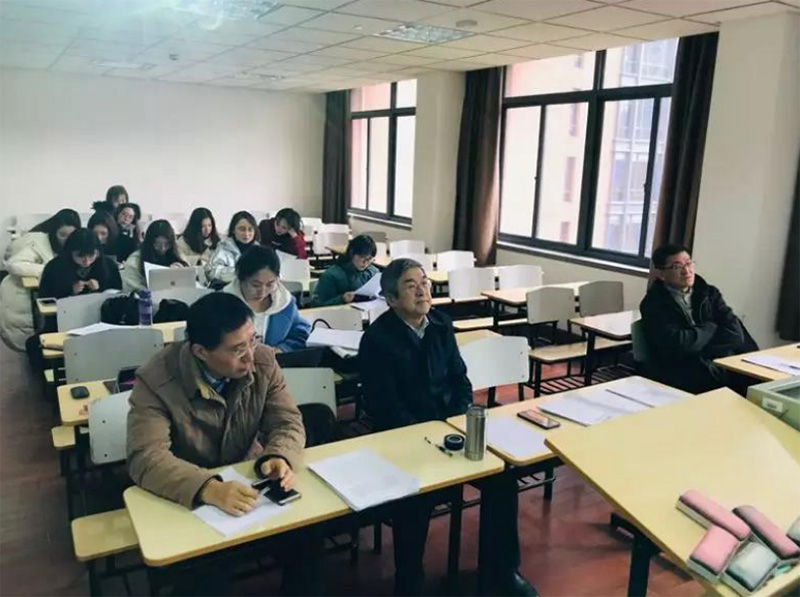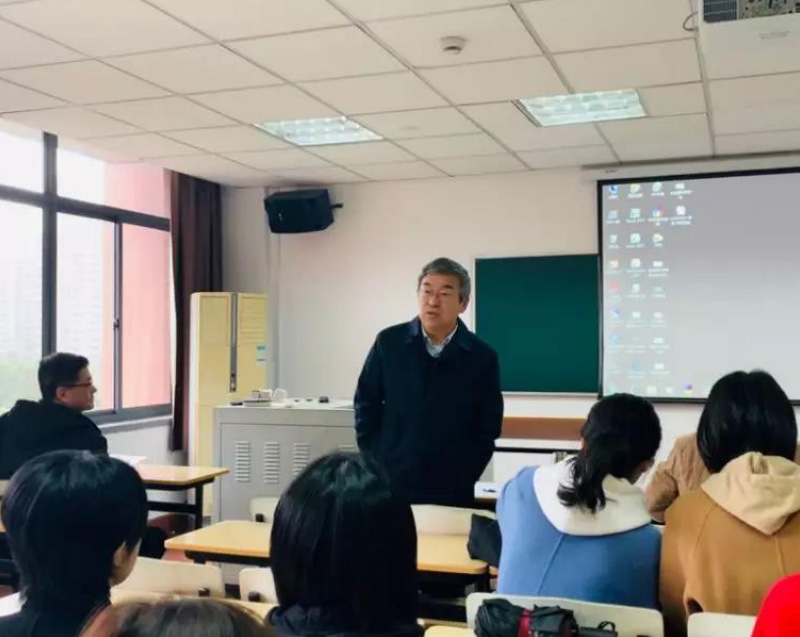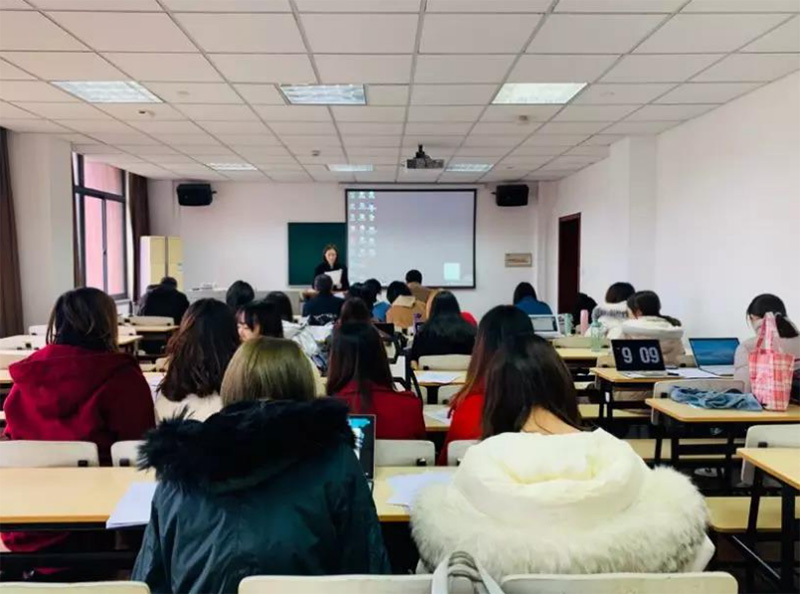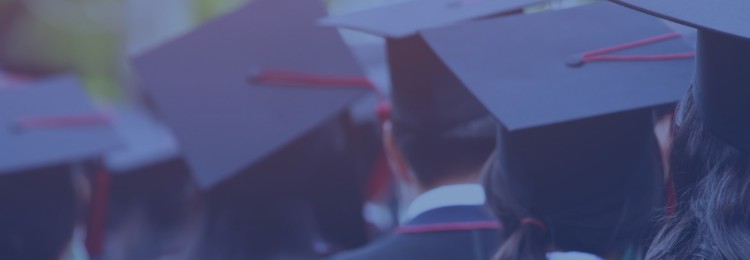Shanghai MICEE Institute recently held a postgraduate mid-term review special report meeting in Classroom 511, Xingjian Building, Yanchang Campus. This review implemented relevant details of Shanghai University's Graduate School and School of Communication Studies on quality supervision and process management of postgraduate training, strengthened process control over postgraduate training quality through regular reports, showcases and exchanges, evaluations and assessments, and ensured the academic standards of postgraduate training in Shanghai University's exhibition studies. Professor Zhang Min, Executive Dean of Shanghai MICEE Institute and PhD supervisor at Shanghai University, presided over this review activity. Attending faculty included Associate Professor Gao Ming, Associate Professor Zhao Jinquan, Associate Professor Hai Kuo and other supervisor team members. Except for students on overseas exchanges, all current PhD and master's students of the Institute participated in the special report meeting.

Before the on-site presentations, Professor Zhang Min re-emphasized the significance, procedures and relevant requirements of the mid-term review based on the school and graduate school requirements. To respond to increasingly fierce global competition and domesticization of international competition, the last place elimination system for China's postgraduate training is inevitable. Students were hoped to adapt to the situation of "tightening screws" across various industries and take daily learning and phased reviews seriously. The special report meeting consisted of two parts: 1) 2017 PhD students reporting on dissertation proposals and progress, academic literature reading, participation in academic conferences and publications, participation in academic projects; 2) Class 2017 master's and Class 2018 professional master's students reporting on dissertation progress, academic publications, academic literature reading, participation in academic conferences. The focus was dissertation progress and problems and difficulties. The review consisted of student presentations, supervisor evaluations and Q&A. The process was documented.

The dissertation topics presented on-site covered a colorful range, including research on esports event communication mechanisms focusing on trends, research on intangible cultural heritage inheritance, research on the British Queen's coronation ceremonies as a classic ritual, and research on the transformation path of niche market trendy toy exhibitions, among others. The supervisor team affirmed the research directions and provided suggestions on overall research ideas, topic expression organization, paper structure arrangement, research methodology, etc. based on different situations, and completed review comments and conclusions.

The mid-term review is an important part of postgraduate training. On one hand, it allows supervisors to conduct phased all-around inspections of students' learning status and research after enrollment, and serves as an exchange platform for students to actively demonstrate phased achievements, learn from each other and make progress through reflection. On the other hand, as the degree dissertation concentrates the theory learning and professional practice of postgraduate studies, the mid-term review provides a significantly important supervision process. Through on-site guidance and urging by the supervisor team, it promotes dissertation progress, optimizes quality, enriches value, and provides reliable assurance for on-time and qualified graduation.
The exhibition industry is a strategic, holistic modern service industry serving communication and cooperation between China and the world. It is currently experiencing robust new development in China. Exhibition studies as a discipline actively follows and continuously explores, integrating and developing together with the exhibition industry. As a municipal key national university, Shanghai University offers a full range of exhibition programs including bachelor's, master's and PhD, and currently possesses leading advantages among over 300 exhibition institutions nationwide. As a national exhibition research base jointly built by government ministries and Shanghai, Shanghai MICEE Institute focuses on independent third-party research, high-level talent cultivation and exhibition research think tank building. It highly values the cultivation of mid-to-high level talents, strives to combine theory with practice, actively organizes postgraduate student participation in national and local exhibition projects, and continuously improves capabilities in discovering, analyzing and solving problems as well as the level and horizon of research-based learning.


